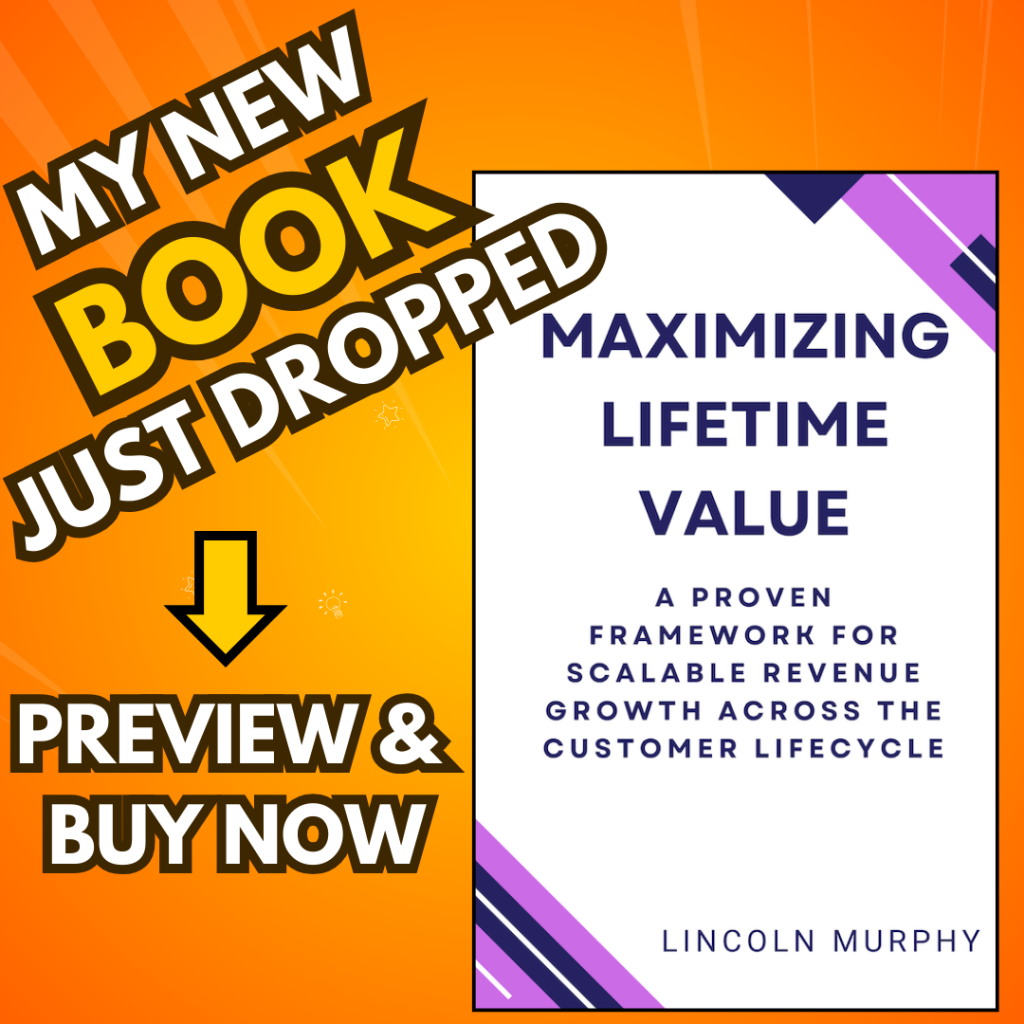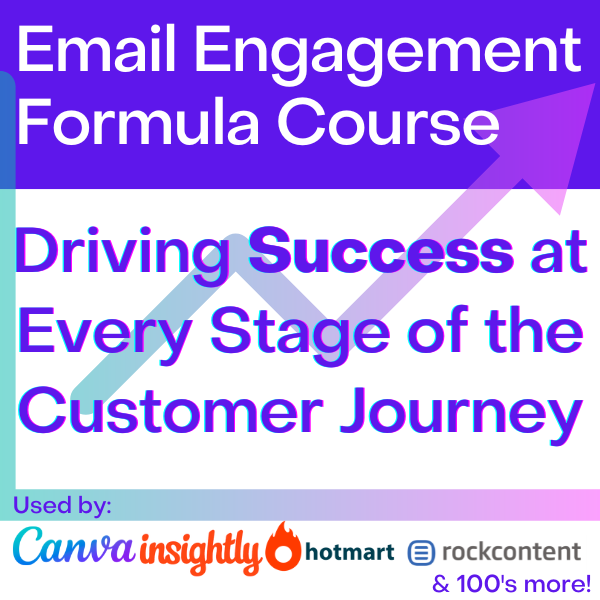It’s not your price that they object to… it’s the value they don’t like.
There are times where the price – the number – is so out of whack with the reality of the market that no matter how valuable you make your offering seem, they simply cannot afford it.
Like promoting the value of a Lamborghini to Middle Class families in the United States.
They will 100% agree with you that a Lamborghini is worth every penny asked, but the price – the actual dollar amount asked for the vehicle – is so far outside of what they can afford it’s a non-starter. It’s almost a joke.
But… if your number is within a realistic range for your market – even if that number is stretching those boundaries a bit – and they say “no,” then they aren’t objecting to the price – the number – itself.
In this case, the Price Objection is a Value Objection!
And just so we’re on the same page, I say any attempt to argue with that is likely an attempt to justify a bad decision you made or are about to make. Now how’s that for a statement?
So, the other day I was talking to the founder of a company who wasn’t acquiring the number of customers he thought he should be at this stage, so he wanted to lower prices since – clearly – his prices were too high, right?
So I asked him this simple question… “who’s your ideal customer?” … and he couldn’t answer that!
Lowering prices is often the response I see when your product isn’t flying off the shelves as you thought – or hoped – it would.
But lowering prices is probably the wrong response!
Especially when you can’t tell me who your ideal customer is!
So I’m going to try to boil this issue down to the main elements…
Please understand that this is a simplification, but I hope it gets you thinking (that is all I can do here).
First and foremost YOU MUST KNOW WHO YOUR IDEAL CUSTOMER IS.
Sorry for yelling, but c’mon… why are you creating a product if you don’t know who is going to buy it?
Are you bored and looking for something to do? Get a hobby!
Are you hoping that what you build will magically be successful on its own? Get real!
Look, if you don’t know who – by name – will buy and use your product, then at the very least you should know who – by industry, company type, size, use cases, etc. will give you money in exchange for what you’re offering.
I know, I know… that isn’t as fun as building a product and putting it out there and waiting for it to just go viral.
But, this is Realityland,… and if this is your first time here, welcome. 🙂
There are basically two things you need to know about creating a Value Pricing Strategy, or pricing your product or service based on the value the customer receives rather than going for a specific (often limited) margin.
You need to know the customer’s:
- Willingness to pay (value perception)
- Ability to pay (how, when, why, where, how)
Boom! That’s it.
Now, there are about a million variables that need to go in there, too, but if you know your customer you should be able to figure this stuff out.
Willingness to Pay is tied to their Value Perception of your offering… or the value that THEY THINK they will get by using your product.
If what you are offering is not perceived to be of high value, then they won’t pay what you’re asking.
Why would you lower your price to meet their perceived value when you could improve your value proposition and therefore raise the perceived value of your offering to meet the price you have already set?
Yeah, I know that lowering your prices is just easier than doing the work necessary to raise your value perception… but in the long-term it could significantly harm your business; from hurting your market position to literally causing you to close your doors because you don’t generate enough margin.
When you look at it this way – that the customers’ willingness to pay is directly tied to the perceived value – then it makes sense that if you don’t know your customer, you will probably get this wrong.
So when someone says your price is too high, most likely – unless you are beyond reality with your prices – they aren’t telling you the price is too high…
… they’re telling you that you’ve done a terrible job aligning your price with the value they’ll receive.
So in addition to knowing the customer’s willingness to pay, you also need to understand their ability to pay.
You can have the greatest price in the world, but if you aren’t equipped to take payment how the CUSTOMER wants to provide it, you won’t sell anything.
If you sell to the Federal government, for example, and only take Credit Cards, good luck getting payment.
If you only want to bill monthly but your target market budgets for and procures services on an annual basis, you either do it their way or go out of business.
Few companies can truly dictate terms, procurement processes, etc. to their customers… you aren’t Walmart so assume – for now – that you’ll need to conform to the way your market operates rather than the other way around.
Oh, and here’s a fun fact to keep in mind… people – individuals within a company – will make what seem like bad economic decisions to fit a product they deem of high-value into their buying ability… i.e. they can’t pay the annual fee at a 50% discount, but are happy to pay monthly even though it results in an annual price that is 200% your paid-up-front fee (before discount)!
In this case, knowing their ability to pay gives you a Customer Lifetime Value (LTV) of more than 2 times what it would have been if you forced them to pay on an annual basis.
Or… they could have bypassed your offering altogether because they simply couldn’t pay the way you wanted them to!
So sometimes it isn’t the price or the value, it is that they simply can’t buy from you.
Assuming you provide the ability to pay the way they want/need to, and they object to the price, it’s almost always a value perception problem and not that price – number – is too high!
Maybe you just aren’t clearly articulating your value proposition in a way that resonates with your potential customers.
Pop quiz: who’s your ideal customer?



